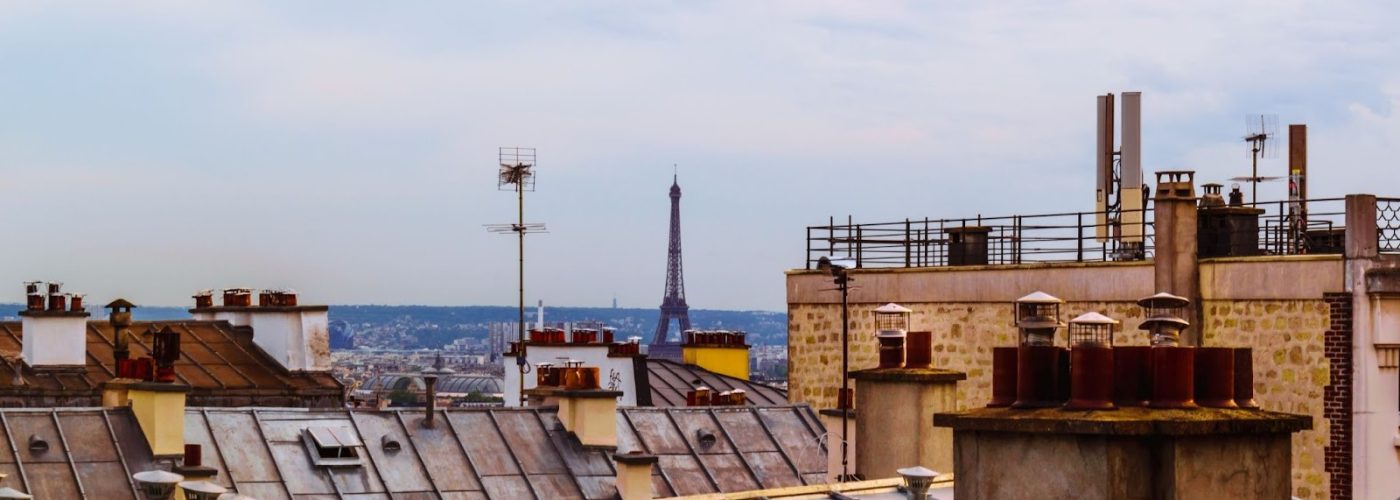Roof hatches have played a role in design for centuries, serving as functional access points and aesthetically pleasing features. Designers and architects face the challenge of creating hatches that not only meet stringent safety standards but also enhance the visual appeal of a building. These structures bridge the gap between practicality and aesthetic harmony, making them an integral part of design.
The Importance of Safety in Roof Hatch Design
Prioritising Safety Regulations and Standards
Global building regulations place emphasis on ensuring the safety of occupants. These guidelines ensure that roof hatches serve their purpose and adhere to the highest safety standards.
Critical Elements for Ensuring Safety in Modern Roof Hatch Design
A designed roof hatch incorporates the following features;
1. Non-slip surfaces to prevent accidents
2. Robust locking mechanisms for security
3. Designs that provide accessibility accommodating both ladders and stairs
4. Effective weather resistance to ensure durability and comfort
The Consequence of Disregarding Safety
Neglecting safety measures can have repercussions that extend beyond implications. It’s important to understand that giving priority to safety is an investment in our well-being.
Role of Roof Hatches During Emergency Situations
When unexpected damages or severe weather conditions occur, roof hatches are access points for emergency roof repairs. They enable direct entry to the rooftop, allowing professionals to address and resolve any issues promptly. In addition to enhancing the building’s appearance and functionality, roof hatches are vital in preserving the structure’s integrity during emergencies.
The Importance of Design in Roof Hatch Functionality
The Changing Face of Suburban Buildings
In today’s trends, aesthetics play a role even in functional elements like roof hatches. The challenge lies in integrating them into the design of the building.
Enhancing Property Value Through Aesthetics
An appealing roof hatch can significantly increase the value of a property. It serves as an indication of the attention given to both the design and functionality aspects of the property.
Real-life Examples
Across parts of the world, from city apartments to houses, roof hatches are now regarded as design expressions. They go beyond their function and reflect the evolving aesthetic sensibilities within modern architecture.
Finding the Right Balance: Combining Safety and Beauty
Choice of Materials
Opting for materials like tempered glass, polished metals, and treated wood provides a blend of safety and elegance. These options demonstrate the art of merging form and function seamlessly.
Innovative Design Solutions
Integrating features like flush-fitted hatches with rooftop elements like gardens or terraces showcase how roof hatch designs have evolved.
Customisation and Personal Touch
Thanks to advancements in design technology, there is a growing trend towards tailor-made roof hatches. These personalised solutions ensure that aesthetics and safety are beautifully intertwined.
Factors to Consider for Homeowners and Builders
Budget Considerations
Creating a roof hatch design that perfectly balances safety and aesthetics may require an investment. However, it’s essential to understand this expenditure as an investment in the long-term value of your property and the well-being of its occupants.
Maintenance and Durability
Investing in a high-quality roof hatch also means considering its long-term maintenance requirements and durability. By maintaining your hatch, it can continue to serve its purpose for years while maintaining its safety features and visual appeal.
Seeking Guidance
It is always wise to seek expert advice or consult with a good roofing company when contemplating the installation of a roof hatch. Experienced architects and builders can provide perspectives on finding the equilibrium between design and safety.
Conclusion
To sum up, a roof hatch encompasses more than its purpose; it mirrors the underlying design principles of a building. As design sensibilities continue to evolve, the ongoing challenge persists: how to seamlessly integrate safety and aesthetics. Striking this balance requires industry experts’ deliberation and guidance but is undoubtedly within reach.





